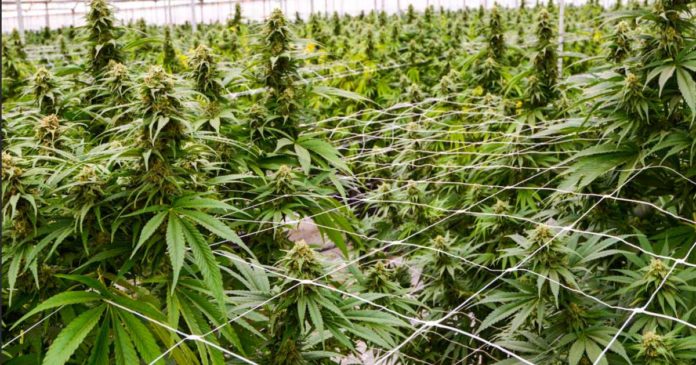The U.S. Department of Agriculture (USDA) last week approved another five hemp plans under the nation’s Domestic Hemp Production Program.
The states of Washington and Wyoming were given the go-ahead, and also the Otoe-Missouria Tribe, the Prairie Band Potawatomi Nation and the Santee Sioux Nation.
As required by the 2018 Farm Bill, States and Indian tribes must submit plans to USDA for approval to administer hemp production in their respective regions. To date, 7 state plans have been approved; the others being Texas, Ohio, New Jersey, Nebraska, Louisiana and Delaware. 10 tribal plans have also been approved in total.
At the time of publishing, 15 states had indicated they will continue to operate under provisions in the 2014 Farm Bill, which is permitted for this year only. Among these states is Kentucky, which had its 2018 Farm Bill-based state plan knocked back by USDA.
A side-by-side comparison of the differing aspects for the production of hemp under the 2014 and 2018 Farm Bills can be viewed here. Last week, the USDA also released a review of state pilot programs, which documents outcomes and lessons learned.
The USDA is also continuing to review submissions regarding its interim final rule on hemp. As previously mentioned, a common controversial point is the .3% limit on THC, with a negligence threshold of 0.5 percent. Compounding concern in this regard is the requirement for THC to be tested using post-decarboxylation methods, which would include the conversion of Delta-9-tetrahydrocannabinolic acid (THCA) into THC.
Earlier this month, USDA said it could not amend the limit as it is written into the 2018 Farm Bill, therefore it’s a statutory issue that can only be resolved by Congress.
Also this month, USDA announced availability of two risk management programs to protect hemp producers from the impacts of natural disasters. One, the Multi-Peril Crop Insurance (MPCI), provides coverage against loss of yield for fiber, grain or cannabidiol (CBD) oil. The other is the Noninsured Crop Disaster Assistance Program (NAP), protecting against losses associated with lower yields, destroyed crops or prevented planting where no permanent federal crop insurance program is available.


